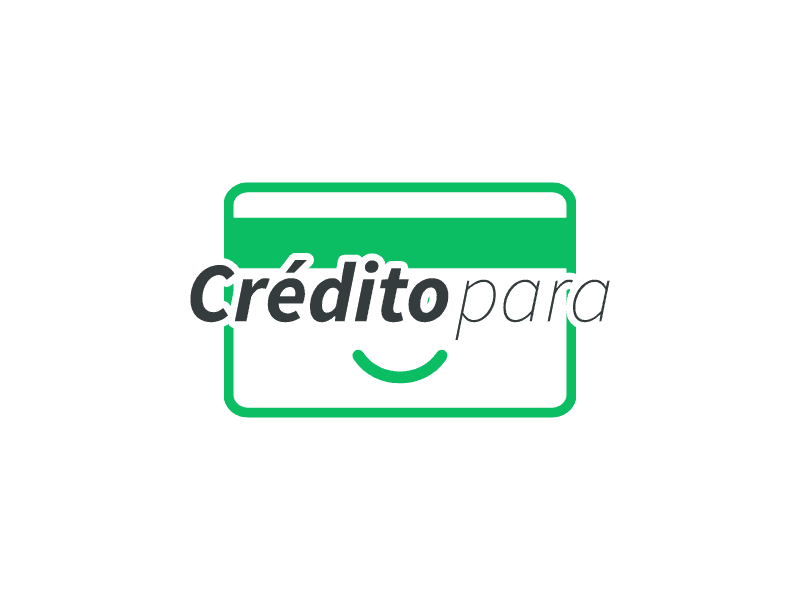The key to financial stability and peace of mind lies in how you manage your household expenses. Creating and sustaining an efficient household budget is crucial for everyone, especially families living in the USA, where the cost of living can be unpredictable. In this blog post, you’ll learn detailed steps and pro tips on setting up a household budget and maintaining it effectively over time.
Anúncios
Before diving into the specifics, it’s important to note that budgeting doesn’t mean limiting your lifestyle excessively. Instead, it’s about planning where your money goes, ensuring enough is saved, and reducing unnecessary expenses. This approach helps create a balanced life where financial stress is minimized.
Understanding the basics of a successful financial plan

Creating an efficient household budget begins with understanding its fundamental components. A well-planned financial strategy covers all essential expenses while leaving room for savings and discretionary spending. To start, list all sources of income, including wages, investments, and side hustles.
Anúncios
Next, categorize your expenses. Typical categories include housing, groceries, utilities, transportation, healthcare, entertainment, and debt repayments. By breaking down your spending, you gain a clearer picture of where your money goes each month.
Finally, compare your total income against your total expenses. Ideally, your earnings should cover all costs with some room left for savings. If your expenses exceed income, adjustments need to be made to achieve a balanced budget.
Setting realistic financial goals
Having clear, attainable financial goals gives purpose to your household budgeting efforts. These goals could range from short-term ones like saving for a family vacation to long-term ambitions such as accumulating a retirement fund. Setting these objectives helps you stay focused and prioritize your finances effectively.
Break down your goals into smaller, manageable steps. For instance, if you’re aiming to save $1,200 for a trip, plan to save $100 each month. This division makes large financial aims seem more achievable. Regularly review and adjust your goals as your financial situation evolves. Life changes, and so should your financial objectives. Stay flexible and adapt your budget to align with new priorities.
Tracking your expenses
An efficient household budget demands meticulous tracking of daily expenditures. This practice ensures you stay within your budget and provides insight into spending patterns. Utilize budgeting tools and apps like Mint or YNAB that help automate this process, making it less tedious.
Track all types of expenses, whether they are fixed or variable. Fixed costs include rent or mortgage payments, while variable ones include groceries and entertainment. Monitoring both helps in adjusting the budget more accurately in the future.
Don’t forget to regularly review your expense reports. Compare them against your budget to see if you’re overspending in any category. If discrepancies arise, identify the causes and make necessary adjustments to avoid future financial strain.
Smart strategies to maintain your household budget
Once you have established your household budget, the next crucial step is maintaining it. This effort involves continuous monitoring, revising, and adhering to your financial plan. Adopting effective strategies helps in sticking to your budget and achieving long-term financial stability.
One effective tactic is to set up automatic transfers to savings accounts. This method ensures consistent savings without thinking about it. Additionally, using cash for discretionary spending can keep you mindful of your limits.
Learning to differentiate between needs and wants is another essential strategy. Prioritize necessary expenses and limit spending on non-essential items. This mindful approach helps in maintaining a balanced budget while still enjoying occasional luxuries.
Regularly reviewing and adjusting your budget
Your household budget should not be a static document. Regularly reviewing and adjusting it according to changes in income, expenses, and financial goals is crucial. Monthly and quarterly reviews help keep your budget aligned with your current financial situation.
During these reviews, analyze your spending habits. Check if actual spending aligns with your planned budget. If you realize you’re underspending or overspending in certain categories, tweak your budget to better reflect your reality.
Also, consider any life changes that could impact your budget—such as a new job, additional family member, or unexpected expenses. Adjust your budget promptly to accommodate these shifts and maintain financial stability.
Building an emergency fund
An often overlooked but crucial component of a household budget is an emergency fund. This reserve is set aside for unexpected expenses, such as medical bills, car repairs, or job loss. Having an emergency fund protects you from financial ruin when unplanned costs arise.
Start by setting a goal for your emergency fund—typically, three to six months’ worth of living expenses. Begin by saving small amounts and gradually increase as your financial situation allows. Even a modest emergency fund can be helpful during tough times.
Creating and maintaining an efficient household budget is a continuous process requiring dedication and adaptability. By understanding the essentials of a budget, setting realistic goals, tracking expenses, using smart strategies, and building an emergency fund, you can achieve long-term financial stability. Stay committed to these practices, and you’ll find yourself navigating through your finances with greater ease and confidence.
Conclusion
In conclusion, creating and maintaining an efficient household budget is an ongoing process that requires careful planning, continuous monitoring, and adaptability. A successful financial plan begins with understanding its fundamental components, including the careful categorization of income and expenses. By setting clear and realistic financial goals, both short-term and long-term, individuals are empowered to prioritize their finances and remain focused on achieving their objectives. Breaking down larger goals into manageable steps and regularly reviewing and adjusting them ensures that they remain relevant and achievable, even as circumstances change.
Tracking expenses is essential in maintaining financial discipline. By diligently monitoring both fixed and variable costs, individuals gain valuable insight into their spending patterns, allowing them to make informed adjustments and stay on track with their budget. Utilizing budgeting tools and apps can simplify this process, but the real key to success lies in regularly reviewing expenses and identifying areas where adjustments can be made to prevent overspending.
Smart strategies, such as setting up automatic transfers to savings accounts and using cash for discretionary spending, help individuals stick to their financial plan and avoid unnecessary temptations. Differentiating between needs and wants is another crucial tactic, ensuring that essential expenses take precedence while non-essential spending is minimized. This mindful approach to budgeting enables individuals to live within their means while still enjoying occasional luxuries without compromising their long-term financial stability.

